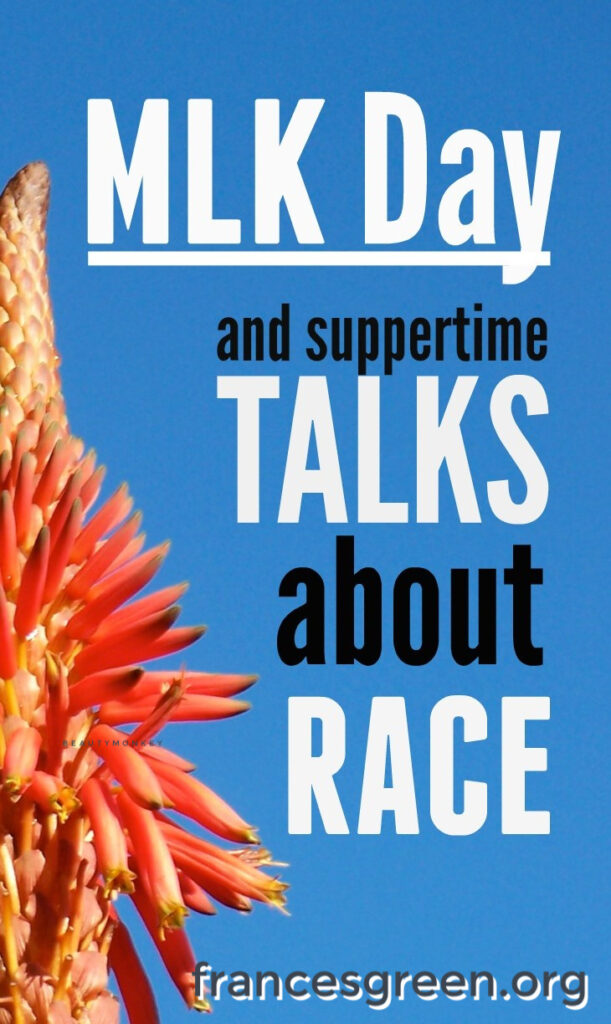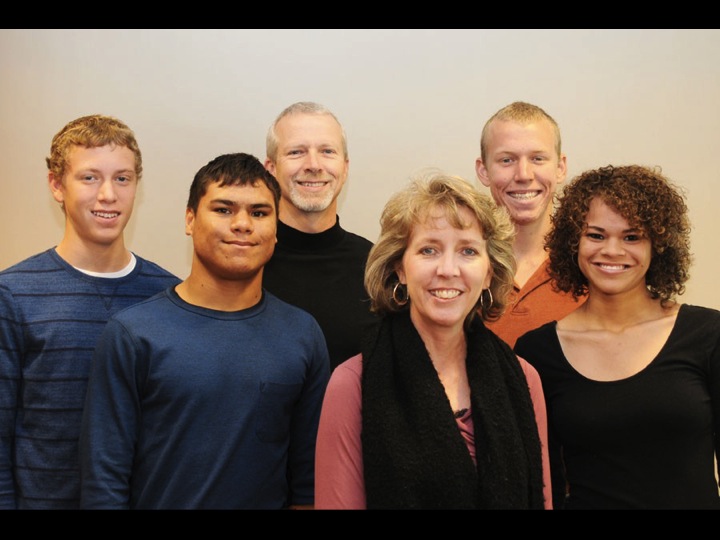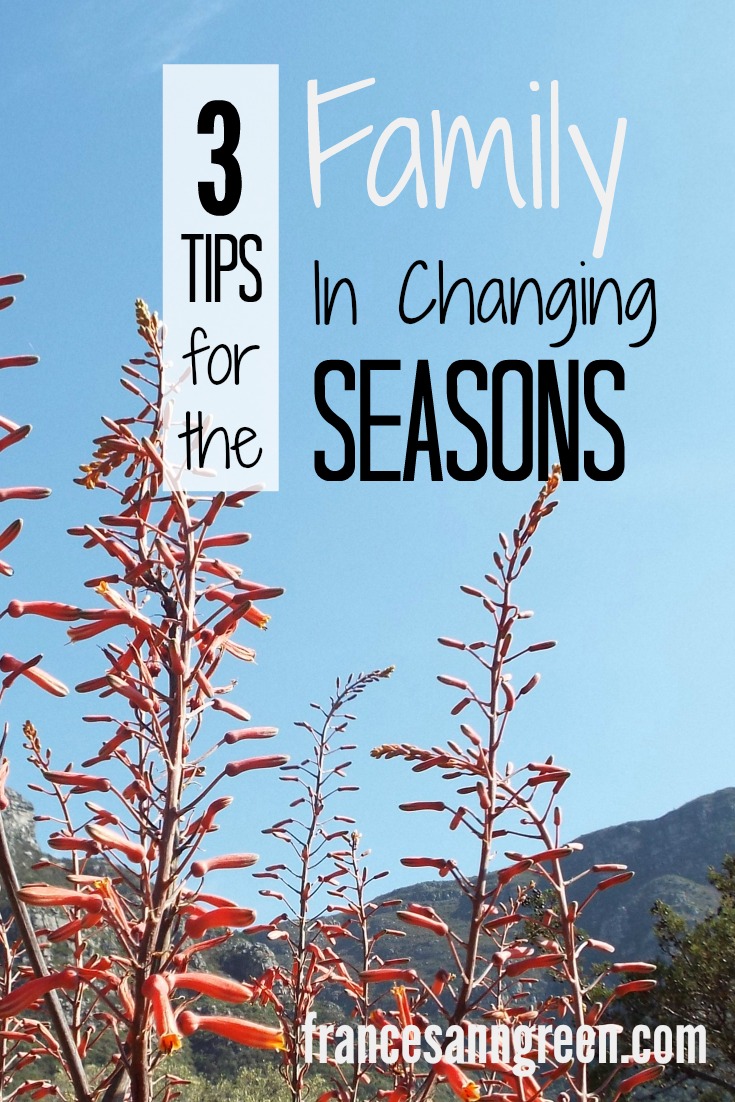 It’s Martin Luther King Day!
It’s Martin Luther King Day!
Our family drove a U-Haul into Abilene, Texas around Martin Luther King Day 16 years ago after living nearly 10 years in Latin America. I’m sure I didn’t even know about the holiday because I was focused on moving boxes, bare windows and the empty pantry while homeschooling four kids.
The following year the kids enrolled in public school and we began to mark the calendar with holidays—who doesn’t love a long weekend?! It didn’t take long for MLK Day to settle into the Greenhouse annual rhythm. Not only did it give us a day to sleep in, but MLK Day also initiated annual rounds of suppertime discussions about race. And then there was Black History Month–following closely behind in February–to keep the topic alive.
We had a lot to talk about on the subject because you might say that our kids were racially challenged when we moved to the states. Or straight up ignorant. Up to this point, our kids grew up in Venezuela. They didn’t know the racial nuances that permeated the US culture (we were busy navigating the Venezuela nuances).
And it complicated matters since we returned as a racially mixed family—we have two biological kids and adopted twins from Venezuela. Our kids grasped for their own identity while exploring this new West Texas culture. (I’ve written more about that here)
At first, our daughter thought that Black History Month was about her history. “We watched a movie at school today that showed my people as slaves,” she said as she passed the potatoes at supper.
I can understand her confusion, because in her second grade mind, there were two categories—white, and everyone else.
She tried to figure out where her Venezuelan roots fit in this racial puzzle. And others tried to figure her out too. It wasn’t uncommon for kids to ask her if she was “half breed”- a new vocabulary word for us to discuss at the dinner table. Or other kids simply asked, “What are you?”
In fact, there were lots of racial discussions at suppertime—from learning simple vocabulary to understanding complex issues. Eddie and Eddie surfaced one of our earlier vocabulary lessons. Jacob and Jessica, just seven years old and new to US schools, were talking about a game at recess.
“Which Eddie kicked the ball? The brown Eddie or the white one?
I interrupted. “Guys, in the states we don’t call people brown. Eddie must be either black or Hispanic.”
“No, he’s not black, Mom. He’s brown.”
I asked them if Eddie was brown like them—they’re Venezuelan.
“Kind of. But a little darker.”
After we talked a little longer, I told the kids, “In the states, you would ask if it was the black Eddie or the white Eddie who kicked the ball?”
They didn’t like calling him black. Because like they said, he really wasn’t black. They also pointed out that I’m not really “white” either.
Like I said, we were racially challenged and we had a long way to go. The kids learned the vocabulary quickly. That was the easy part. But understanding the nuances–that was complicated. Our dinnertime discussions became more complicated as the kids grew older and the issues were more complex.
And honestly, our kids taught me that I had a long way to go too. I thought I understood. But I didn’t.
Even though I grew up in Louisiana, I saw life through “white” lenses. I knew vocabulary. I knew the nuances—from my perspective. I didn’t know the nuances from others’ perspectives.
Once we returned to the states, our family wasn’t white. We’re a racially mixed family. And it showed me a new perspective. I’ve watched the twins have to prove themselves to gain the respect that I’ve taken for granted. I learned that our white kids enjoyed privilege, benefit of the doubt and high expectations that our twins had to fight for. Travis, our white son, could go to high school in a dirty wrinkled Tshirt and start out with more respect from a teacher than Jacob did wearing an ironed dress shirt. A friend advised me to be sure to meet our twins’ teachers and coaches because they would be treated differently once they knew the twins had white parents. Their journey taught me that I have a lot to learn.
In fact, we’re still learning. We still talk about racial issues at the supper table. But I have to admit, our kids are the ones teaching me now. Our son, Travis, challenged me to notice who defers right of way to who in a crowded grocery aisle. Our twins have taught me to notice the slights, not overlook them.
So now, when MLK day rolls around, I have a new appreciation for Martin Luther King and this holiday.
MLK Day reminds me of our family’s complicated journey in the murky racial waters of West Texas. It reminds me of our suppertime conversations.
And it reminds me that I still have lots to learn.
We all have lots to learn.
Now I’ll leave you with a quote from Martin Luther King that you can talk about at you supper table.
“The ultimate measure of a man is not where he stands in moments of comfort and convenience, but where he stands at times of challenge and controversy.” —Martin Luther King, from Strength to Love, 1963





